Why does the ACDHPT exist?
Between 1958 and 1978, women were given a new hormone pregnancy test (HPT) Primodos. In 1967, Dr. Isabel Gal first raised concerns about the risks associated with taking the drug. The duty of the regulator was to protect women; they chose to protect the manufacturer instead. Thousands of women and unborn children were exposed to a risk which was widely acknowledged at the time. This should not have happened. The system failed. A great deal of anguish, suffering and ruined lives could have been avoided.
The IMMDS review concluded the State and manufacturers have a moral responsibility to provide ex gratia payments to those families who have experienced avoidable harm, due to their failure to remove Primodos from the market.
The ACDHPT are campaigning to ensure the drug company and healthcare system admit mistakes were made and that affected families should now be assured these failings will be redressed to help ensure a secure future for their children.
The Primodos Story
Sky News
Jason Farrell from Sky News started investigating the story behind Primodos in 2011. His report explains how Primodos was designed to work, how families were affected, and a timeline of evidence suggesting a scandal that has been covered up, with significant documents destroyed and information withheld.

Dr. Isabel Gal
The ACDHPT is indebted to the persistence of Surrey-based paediatrician Dr Isabel Gal. It was Dr Gal who, in 1967, first suggested in a letter to prestigious science journal Nature that Primodos was causing spina bifida in the children of mothers who had taken the drugs - 11 years before the drug was taken off the market.
Dr Gal, who worked at Queen Mary’s Hospital for Children, later told Sky News she had fought a 10-year battle to get the drug removed from the market, but had been stonewalled by every institution, from the Department of Health to the Committee on Safety of Medicines.
Dr Gal died in 2018. Her daughter, Kathy Gal recently wrote to us, expressing her absolute delight with the conclusions of the IMMDS report, wanting to let us know that Dr. Gal would have been utterly overwhelmed with joy at the result.
On 8th July 2020 Baroness Cumberlege published her in-depth review.
The Cumberlege Review
On 8th July 2020 Baroness Cumberlege published her in-depth review.
Here we summarise, in her own words, the 9 key recommendations from that review:
1. Apology
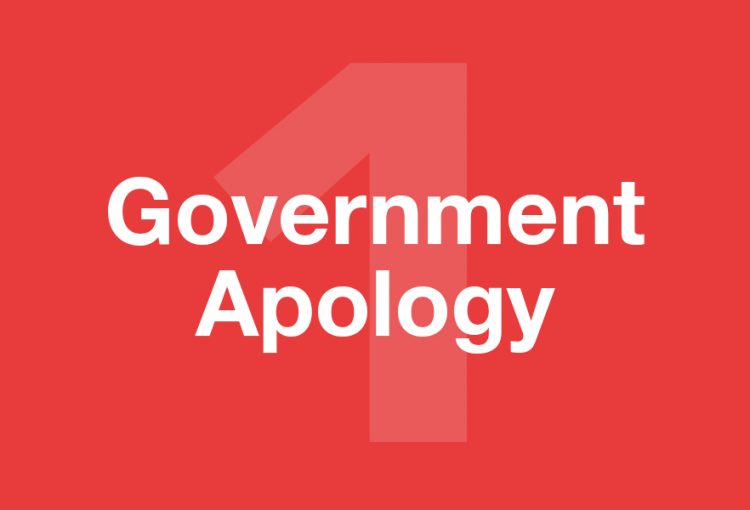
Our first recommendation is that the Government must immediately issue a fulsome apology on behalf of the healthcare system to the families affected by Primodos, sodium valproate and pelvic mesh.
2. Commissioner
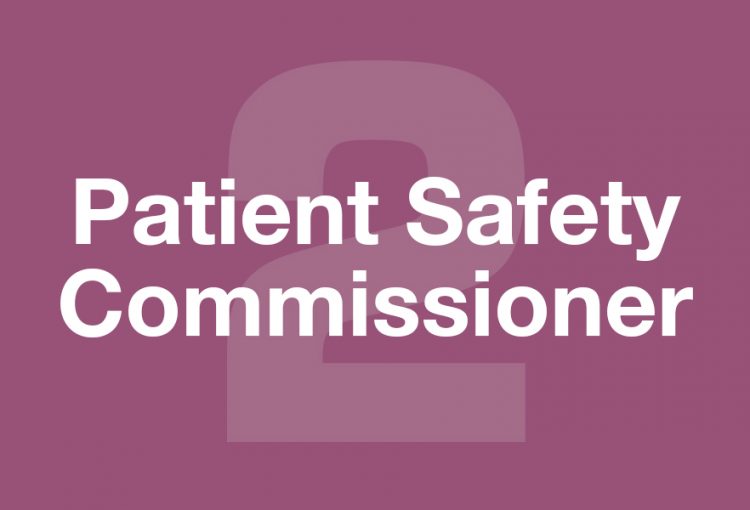
Our second recommendation is that a Patient Safety Commissioner is appointed. This person will be the patients’ port of call, the listener, the advocate, who holds the system to account, monitors trends, and above all demands action. This is the golden thread, tying the disjointed system together in the interests of those who matter most. The patients.
3. Financial Redress

The state and manufacturers have a moral responsibility to provide ex gratia payments to those who have experienced avoidable damage from the interventions we have reviewed. We are therefore recommending that separate schemes should be set up for Hormone Pregnancy Tests, valproate and pelvic mesh to meet the cost of providing additional care and support to those who have experienced avoidable harm and are eligible to claim.Patients have waited far too long for redress. These schemes must be set up at speed.
4. Redress Agency
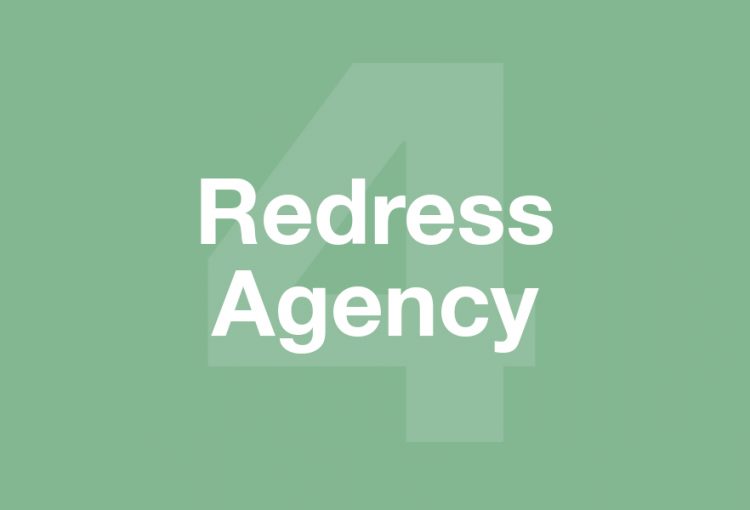
Our fourth recommendation is the establishment of a Redress Agency. Rather than blaming individuals, its decisions will be based on whether there has been avoidable harm. The support it provides should be both non-monetary and financial. The costs of running the Redress Agency should be met by contributions from manufacturers and the state, but it must be situated outside the current organisations and it must be independent.
5. Specialist Centres

Those who have been harmed deserve better care and support. We are therefore recommending the establishment of two types of specialist centres – one for mesh, and another for those affected by medications taken during pregnancy. They will be located regionally. As well as meeting clinical needs, these centres should act as a one stop shop, able to signpost and refer patients to other services.
6. Overhaul of MHRA
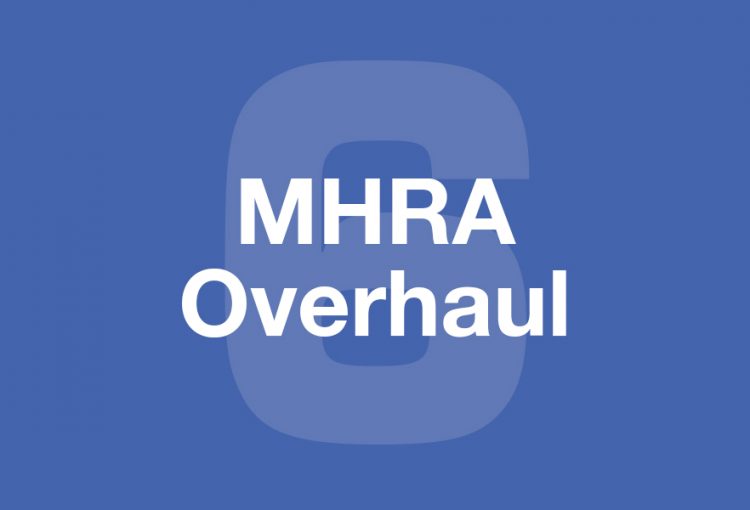
A regulator must work both for patients and with them. This hasn’t been the case in the past. We are recommending that the regulator of medicines and medical devices, the MHRA, is overhauled. It needs to change and radically improve the way that concerns about medicines and devices are detected and acted upon. The regulation of devices in particular needs urgent change. The MHRA needs to engage more with patients and track how medicines and devices improve – or fail to improve – patients’ health and quality of life. It needs to raise public awareness of its role and it needs to ensure that patients have a core role in its work.
7. Central Database
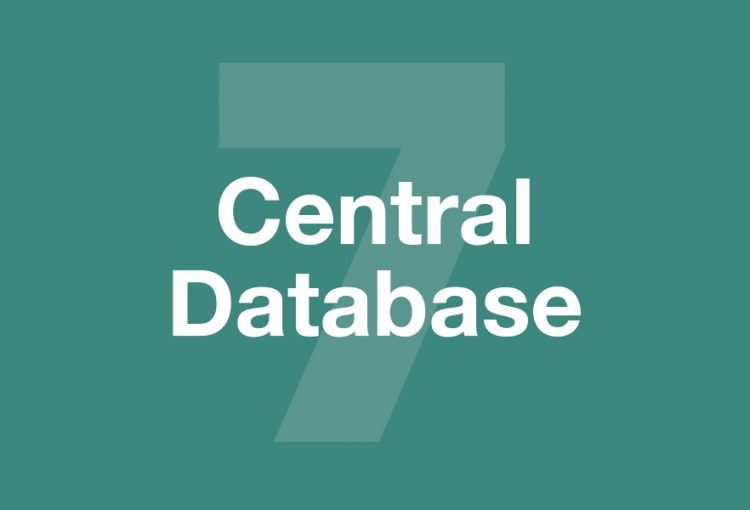
Every successful organisation knows that good data is essential. Detecting concerns over medical devices, tracking patient outcomes and acting swiftly to prevent harm, is impossible without good data. Currently no one knows the number of patients implanted with pelvic mesh, their surgeon, the mesh product used, or the outcomes.
We are recommending that a central database should collect these details, including retrospective details. We asked the Secretary of State to make the collection of this information mandatory and he has agreed. The database will be linked to registries to research and audit outcomes in terms of both device safety and the patient’s experience.
8. Declaration of Interests
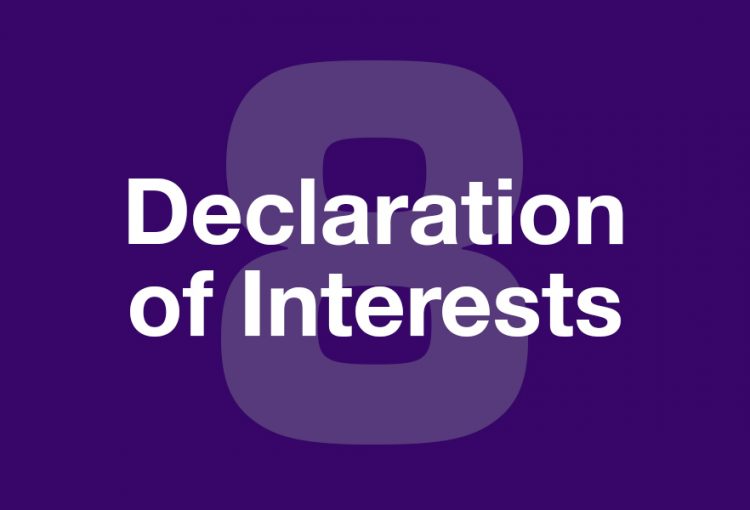
There is no central register of clinicians’ financial and non-financial interests. We are concerned by doctors who have financial and other links with manufacturers.
So our 8th recommendation is that the register of the General Medical Council (GMC) should be expanded to include a list of financial and non-pecuniary interests for all doctors. The public has a right to know. Likewise, manufacturers must should report payments made to teaching hospitals, research institutions and individual clinicians under a new law similar to the similar to the Physician Payments Sunshine Act in the US.
9. Task Force
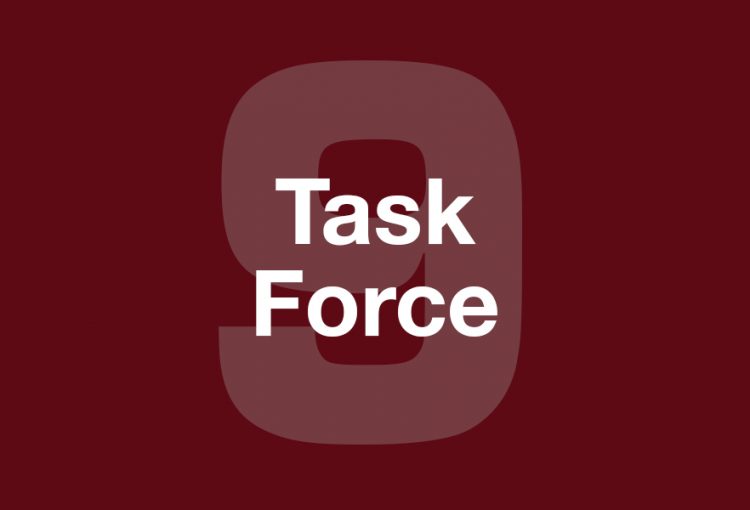
We hope this Government, and all those bodies that comprise the healthcare system, will take heed of what we have to say, and that our recommendations will be implemented with determination and urgency.That leads me to our final recommendation which is about implementation. We want the Government to immediately set up a task force to implement this Review’s recommendations. Its first task should be a timeline for implementationz
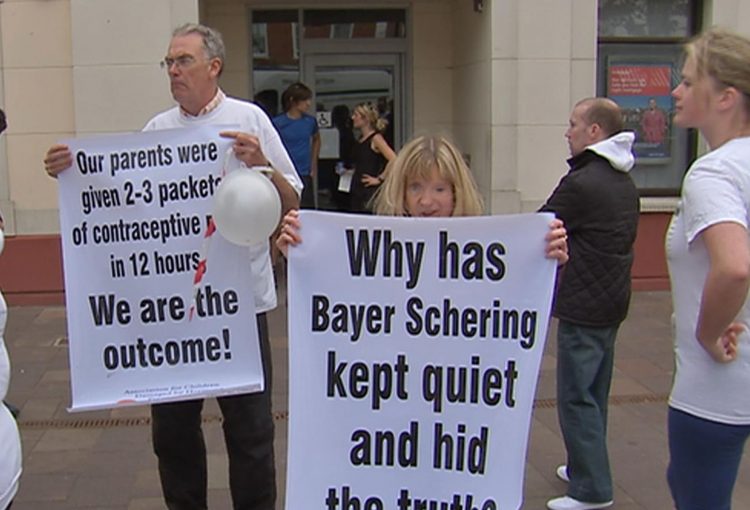
Our Legal Battle
Official HPT Association fighting for justice. Our ACDHPT members coordinate actions to support our legal team in their bid to obtain compensation for those affected.
If you have been affected by Primodos or HPT Amenerone Forte, please contact us here at the Official Association in the fight for Justice. The ACDHPT coordinates member action with our legal team in seeking compensation for those affected. Group membership ensures a stronger, collective voice.
In addition to our legal team, working on behalf of families affected by HPTs, we have the powerful backing of 116 cross party Members of Parliament, who collectively support the ACDHT in both the House of Commons and the House of Lords. Your membership will allow us to contact your M.P. To increase this support and strengthen our voice in Parliament.
